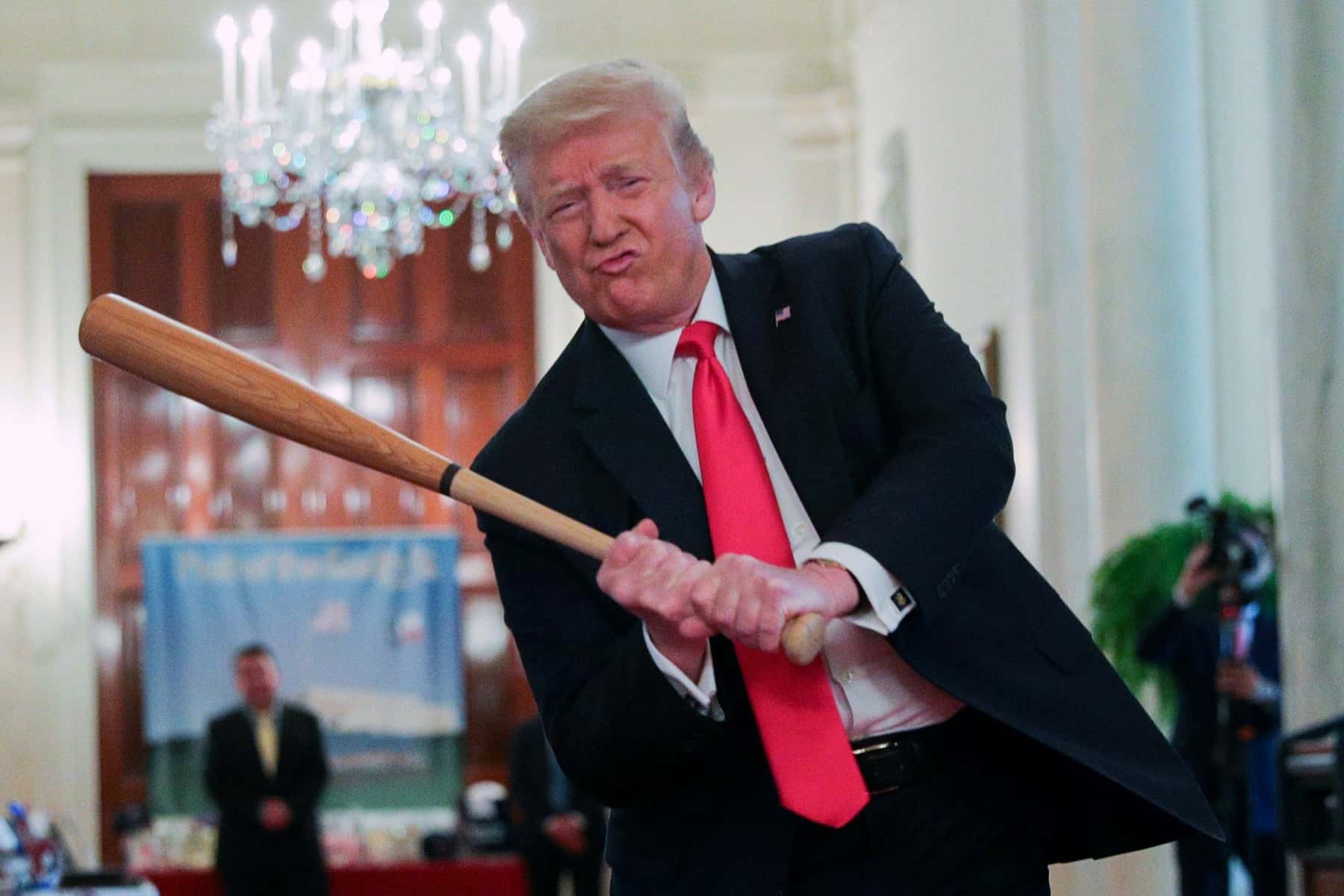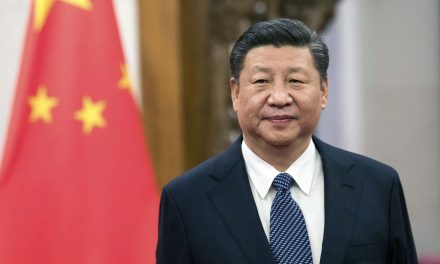
Some of the mayhem that will follow Donald Trump losing the presidential election is already known. America exited the Paris climate agreement. The coronavirus pandemic that has already claimed almost a quarter of a million lives in America will worsen. Trump has hinted he will attempt to fire Dr Anthony Fauci, the nation’s leading expert in infectious diseases.
But Trump’s defeat also sets the clock ticking on the remaining weeks that some analysts believe could be the most dangerous period in American history, the time before the 20 January inauguration of Joe Biden during which a vengeful president can wreak havoc if he choses to do so.
“If Trump loses power he’ll spend his last 90 days wrecking the United States like a malicious child with a sledgehammer in a china shop,” said Malcolm Nance, a veteran intelligence analyst and political author, speaking before the result of the election was known.
“We’re likely to see the greatest political temper tantrum in history. He may decide he wants to go out with a bang, he may decide he will not accept the election result. Who knows what a cornered autocrat will do?”
Nance’s fears are based as much on Trump’s past record, such as failing to take any steps to counter the spread of Covid-19, as what he may yet do. Self-preservation in the face of mounting legal and financial pressures will be paramount, Nance believes, with the president pushing his executive and constitutional powers to the limit or beyond.
“He’ll pardon himself. Absolutely no question about that,” Nance said. “He expects the supreme court to cover for him. He has always fixed things in his life, and he now believes he owns the American judicial system.”
While a flurry of executive actions to further roll back environmental and industrial regulations is possible, analysts believe a beaten Trump will be less motivated by politics and more focused on himself. Nance’s main concern is the possibility of civil unrest, from Trump supporters including armed militias, white supremacists and other activists fired up by perceived calls-to-arms by their leader.
“All these 100-truck convoys may start marching like they’re going into Mosul,” he said. “It’s like an insurgency. We’re going to find out … whether they rise up en masse and say we don’t accept this, Donald Trump’s our man, and they start parading and taking over boards of elections.”
Disgraced Trump associates who have fallen foul of the law could also be beneficiaries of the outgoing president’s benevolence, among them his former campaign chair Paul Manafort, former national security adviser Michael Flynn and Steve Bannon, the architect of Trump’s 2016 victory currently facing fraud charges.
There will be new scrutiny on Trump’s own financial dealings. The Manhattan district attorney’s office has been investigating Trump and his business empire for possible criminal bank and insurance fraud, but has been unable to take action while he is in office.
Trump will soon lose the protection of Bill Barr, the attorney general whom critics have accused of acting like the president’s personal lawyer. That means Trump has a shortening window of opportunity to prepare for whatever legal consequences may await.
“He’s a compromised person, a broken asset of a foreign power, and has been under the thrall, the pay, or most likely the debt of Vladimir Putin,” Nance said. “Anything which benefits him personally, anything that benefits what he believes is his brand, he will do.”
Other analysts agree.
“Trump will likely spend his last months in a flurry of self-dealing, tossing out pardons and trying to discredit his opponents and the system itself,” said Garry Kasparov, the former world chess champion and chair of the Human Rights Foundation.
“Americans who want to see the rule of law restored and strengthened must be ready to fight for it, in the courts and in the streets if necessary, peacefully but persistently, because there is little doubt that Trump and his supporters will not go quietly.”
Not all experts believe a Trump “lame duck” presidency will be completely volatile. “What will stop him is fear of prison,” Stuart Stevens, a veteran Republican consultant, told Salon.
“Why has the postmaster general kind of backtracked?” Stevens asked of Louis DeJoy, the Republican donor who many believe was installed in an attempt to cripple the mail-in vote. “He does not want to go to jail. He’s willing to do a lot of stuff for Trump, but he didn’t want to go to jail. That fear is what would stop Trump.”
Ultimately, Trump will spend his final days in the White House trying to avoid looking like a loser or a failure, analysts say.
“I’ve had a lot of experience with autocrats, despots and third-world potentates, so I got to see how these people behave,” Nance said. “There’s been a change in the way autocrats and wannabe autocrats like Donald Trump have ended their careers. In the old days, if you weren’t killed by your political foes, you took a billion dollars, went off to the French Riviera, and disappeared. They just went off the stage. Now they no longer want to do that. They want to have all of their money and remain in power, and spend the money. Who knows with Donald Trump?”
Rіchаrd Luscоmbе
The White House
Portions originally published on The Guardian as Wrecking ball: the damage Trump could do while still president until January
Help deliver the independent journalism that the world needs, make a contribution of support to The Guardian.














